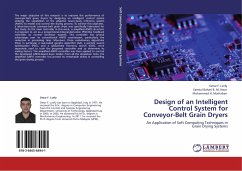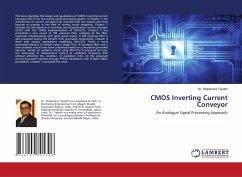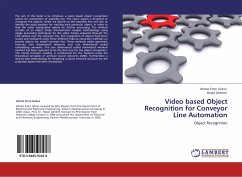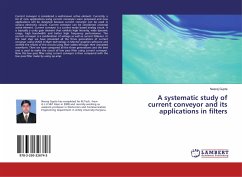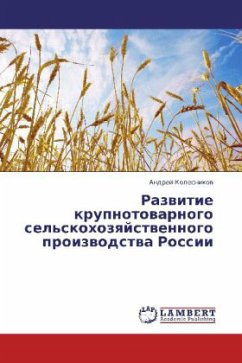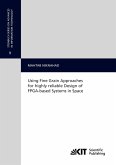The major objective of this research is to improve the performance of conveyor-belt grain dryers by designing an intelligent control system utilizing the capabilities of the adaptive neuro-fuzzy inference system (ANFIS) to model and control the drying process. To achieve this objective, a laboratory-scale conveyor-belt grain dryer was specifically fabricated for this study. As the main controller in this work, a simplified ANFIS structure is proposed to act as a proportional-integral-derivative (PID)-like feedback controller to control nonlinear systems. This controller has several advantages over its conventional ANFIS counterpart, particularly the reduction in processing time. Moreover, three evolutionary algorithms (EAs), in particular a real-coded genetic algorithm (GA), a particle swarm optimization (PSO), and a global-best harmony search (GHS), were separately used to train the proposed controller and to determine its scaling factors. The simplified ANFIS controller was then applied to control the developed ANFIS-based dryer model. From all the simulation tests, the simplified ANFIS controller has proved its remarkable ability in controlling the grain drying process.
Bitte wählen Sie Ihr Anliegen aus.
Rechnungen
Retourenschein anfordern
Bestellstatus
Storno

